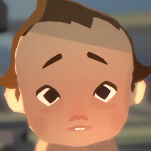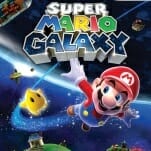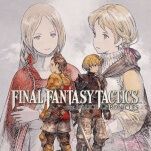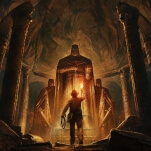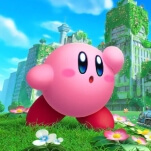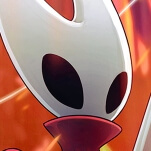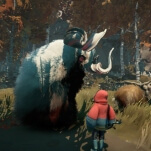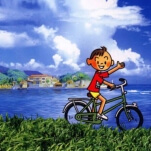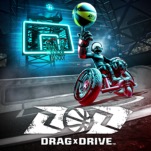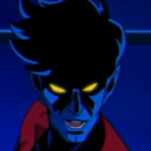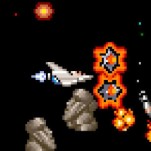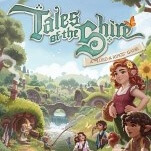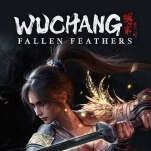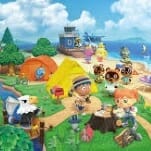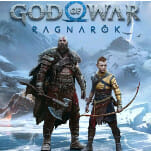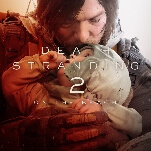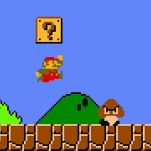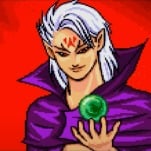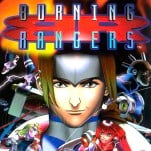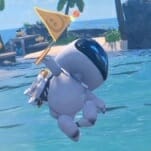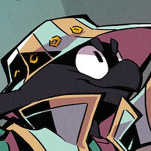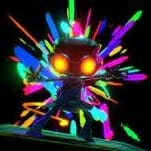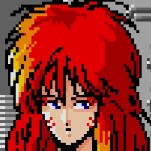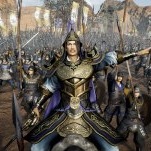Ranking Nintendo Switch Online’s 20 NES Games
Main art courtesy of Nintendo
For the first time Nintendo is making players pay to play online, as the company launched its first premium online service earlier this week. Nintendo Switch Online costs $20 a year, or if you want to pay more month-to-month you can also get one month and three month packages for $4 and $8, respectively. For that money you’ll be able to play such games as Splatoon 2, Arms and Mario Kart 8 Deluxe against other players online (which you used to be able to do for free), as well as make use of cloud saves. It’s the typical stuff you expect from a subscription online service, but at a cheaper price point than Xbox Live or the PlayStation Network.
It also comes with a selection of free NES games, and that’s what we’re going to talk about today. The initial line-up includes 20 titles from Nintendo’s 1980s heyday, including a handful of genuinely iconic classics. Every game will include multiple save slots that let you and save up to four different games at any point, and online play where applicable. So yes, you’ll finally be able to play Pro Wrestling online, or take turns on Super Mario with your brother again, even if he lives all the way on the other side of the country. Nintendo will be adding new games to the list every month, with Metroid, Ninja Gaiden and more already announced for later in 2018. For now, though, there are 20 games on the service, and if you find out what they are, and how the aged game sages of Paste would rank them (in a scientific and dispassionate manner, of course), keep reading.
20. Soccer

Four of these games come from the NES’s “Sports Series,” dating back to that identical black box era from the system’s launch. Your preference for three of them will probably boil down to how you feel about the sports themselves. Soccer might be slightly more advanced than Baseball, but it’s less iconic (at least in the States), and has less of a nostalgic appeal. And when it comes to these archaic sports games, nostalgia is crucial to enjoying them today. If you’re looking for a basic, no-frills soccer game that you can play online, this’ll probably scratch that itch. You obviously shouldn’t expect anything approaching a FIFA game, though.—Garrett Martin
19. Baseball

Baseball really isn’t any better than Soccer. It might actually be worse—you don’t even really control the fielding. Yeah, you have to throw the ball, but the players run to it themselves. Still, it was the most advanced baseball game on home systems when the NES was released, and since baseball was still king in the mid ‘80s, it was one of the biggest games at the system’s launch. That means a lot of baseball and videogame fans in their 40s are probably looking forward to giving this one another shot.—Garrett Martin
18. Tennis

Tennis fares better than the other early Sports Series games because the sport itself is so much simpler. You just need two people, a couple of rackets, a net and a ball, and you’re ready to go. Even the NES could handle that in 1985, and so Tennis captures more of the actual feel of its sport than the other early Sports Series games.—Garrett Martin
17. Yoshi

This puzzle game came relatively late in the NES’s lifespan, launching in America almost a year after the Super Nintendo was released. You can tell it’s a bit of an afterthought almost as soon as you start playing it. Although its novel take on the falling block puzzler sets it apart from Dr. Mario or Tetris—instead of moving the blocks as they fall, you have to spin turntables on the bottom of the screen to make sure the blocks fall on the best stack—it doesn’t have the depth or replayability of either of those games. (And it’s not like Dr. Mario is nearly as deep or replayable as Tetris, anyway.) It’s fine as a diversion, and the price of basically free is right, but don’t expect to spend too much time with this dinosaur.—Garrett Martin
16. Donkey Kong
The original arcade version of Donkey Kong is a timeless classic that would rank near the top of this list. The disappointing NES port misses an entire level from that game, along with most of the cutscenes. It mostly looks and feels like the same game, which means it can’t be entirely dismissed, but we also can’t ignore how fundamentally hobbled it is. It’ll give you a jolt of that Donkey Kong difficulty, but it’s simply not the same game as the original, and not nearly as good.—Garrett Martin
15. Double Dragon

Like Donkey Kong, the NES version of Double Dragon is a disappointing port of a true arcade classic. There’s a long list of changes that hurt this game, but they all could’ve been forgiven if it had just gotten the one thing everybody loved about the arcade version right: two-player co-op. That’s right, this is a Double Dragon where you can’t fight side-by-side with your friend. That alternating two-player mode basically killed this game, and no matter how much it captured the bone-breaking crunch of the original’s combat, there was no way of coming back from that.—Garrett Martin
14. Ice Hockey
Ice Hockey came out after Nintendo had given up on the black boxes with the genre logos, but still had that Sports Series tag right underneath its name. It was no competition for Konami’s Blades of Steel, but it was still a deeper, more faithful and enjoyable recreation of its sport than Nintendo’s earlier Sports Series games, and that’s still true today.—Garrett Martin
13. Balloon Fight
Yoshio Sakamoto’s take on Joust might be better known today than that arcade classic simply through its regular reissues on Nintendo hardware and references in other games. Although it’s cuter than Williams’s hit, it might actually be harder. The physics feel even more fluttery and unpredictable than Joust, and dangers like lightning bolts quickly complicate everything. It’s a serious challenge, even if you’re doing two-player.—Garrett Martin
12. Ice Climber
As with other games on this list, Ice Climber hasn’t aged well, but it holds an undeniable and ironically warm spot in our hearts nonetheless. Its protagonists, Nana and Popo, climbed a series of ice-covered peaks to reach the top of the mountain and recover their stolen vegetables from thieving condors. In spite of or perhaps because of this unlikely premise, its legacy lives on. —Holly Green
-

-

-

-

-

-

-

-

-

-

-

-

-

-

-

-

-

-

-

-

-

-

-

-

-

-

-

-

-

-

-

-

-

-

-

-

-

-

-

-
















